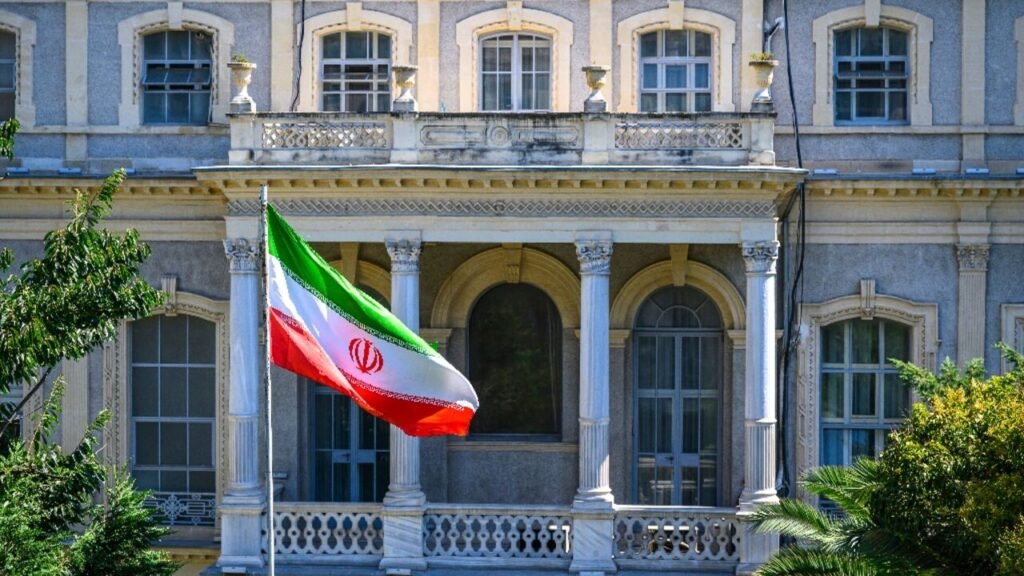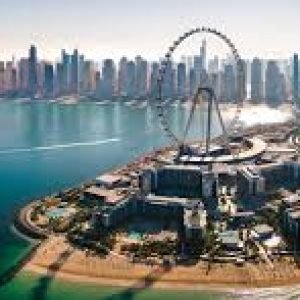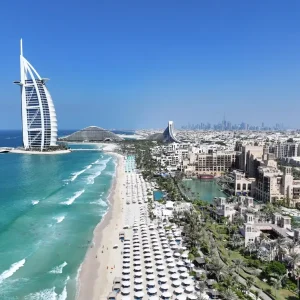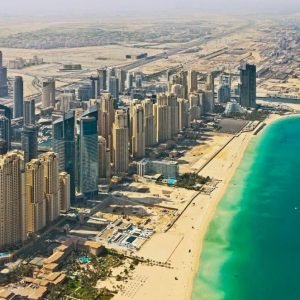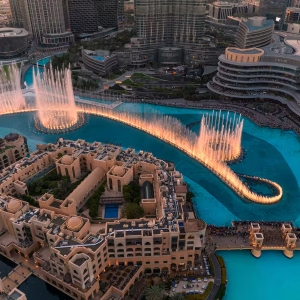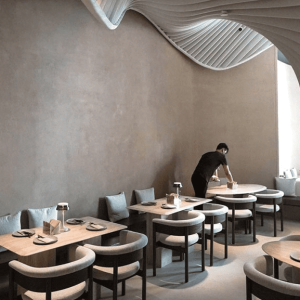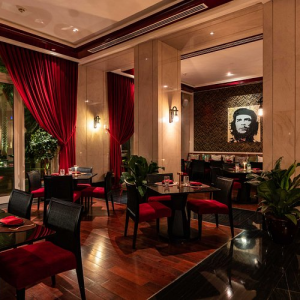Iran nuclear talks in Istanbul have resumed, bringing together Iranian officials and European powers in a crucial step toward defusing ongoing nuclear tensions. The meeting, held in Turkey’s largest city, comes after months of stalled dialogue and rising concerns over Tehran’s nuclear activities. As diplomats gather around the table once again, hopes for diplomatic progress remain cautiously optimistic.
A Long Road to Istanbul
The nuclear issue involving Iran and the West stretches back decades. It centers on Iran’s uranium enrichment program, which many fear could be used to develop nuclear weapons. Tehran insists its program is purely for peaceful purposes, such as energy and medical research. However, repeated violations of international limits and lack of transparency have raised alarm bells globally.
The landmark 2015 Joint Comprehensive Plan of Action (JCPOA), signed between Iran, the U.S., the UK, France, Germany, Russia, and China, was meant to address these concerns. In return for limiting its nuclear program, Iran received relief from international sanctions.

But the agreement hit a major setback in 2018, when the United States unilaterally withdrew under then-President Donald Trump. Sanctions were reimposed, and Iran began scaling back its commitments under the deal.
Since then, efforts to revive the JCPOA have been rocky. Talks have taken place in Vienna and other venues with no long-term breakthroughs. Now, Istanbul has become the latest stage for renewed hope.

Why Istanbul? The Strategic Choice of Venue
Choosing Istanbul as the location for this round of Iran nuclear talks was no coincidence. Turkey, while not a direct party to the JCPOA, has positioned itself as a neutral venue for international diplomacy. Its strong ties with both Europe and the Middle East make it a logical choice for hosting sensitive negotiations.
The city’s historical role as a bridge between East and West mirrors the broader goal of these talks to bridge deep political and ideological divides.
Who’s at the Table?
The current round of talks includes representatives from Iran and the three European signatories of the JCPOA: the United Kingdom, France, and Germany, also known as the E3. While the United States is not directly involved, American officials are being briefed on the progress through indirect channels.
Iran’s delegation is led by senior diplomats from its foreign ministry, while the E3 has sent seasoned negotiators with deep experience in nuclear diplomacy. Observers from the European Union are also present, acting as facilitators in the dialogue.
Key Issues on the Table
The central goal of these Iran nuclear talks in Istanbul is to restore mutual compliance with the JCPOA. However, several complex issues must be resolved:
1. Uranium Enrichment Levels
Iran has significantly increased its uranium enrichment levels, going beyond the 3.67% cap set by the JCPOA. Currently, it is enriching uranium up to 60%, a level close to weapons-grade. Rolling back this progress is critical to any future deal.
2. Sanctions Relief
Iran wants the complete removal of economic sanctions, especially those targeting its oil exports and financial institutions. The E3 powers, while open to lifting some sanctions, want to ensure that Iran complies fully with nuclear inspections.
3. IAEA Access
The International Atomic Energy Agency (IAEA) has faced difficulties accessing Iranian nuclear sites. The talks must address how to restore full cooperation and transparency.
4. Regional Security Concerns
European powers are also pushing to expand the discussion to include Iran’s role in regional conflicts and its missile program, issues Tehran insists are off the table.
A Delicate Balance: Politics and Pressure
The talks in Istanbul are taking place under immense pressure from all sides. European powers are facing domestic and international calls to contain nuclear risks. Meanwhile, Iran is preparing for upcoming parliamentary elections, and its leaders are wary of appearing weak on the international stage.
For both sides, the stakes are high. A failure to reach an agreement could trigger further escalation, including tougher sanctions or even military confrontations, particularly from Israel or the U.S.
However, there is also strong motivation to avoid such a scenario. The global community, already grappling with conflicts in Ukraine and Gaza, is eager to avoid another crisis in the Middle East.
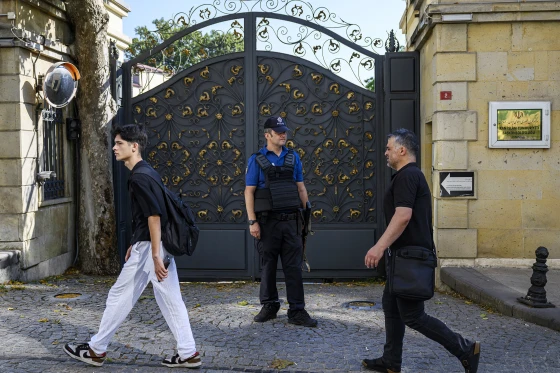
Statements from the Parties
Following the first day of talks in Istanbul, preliminary statements reflected cautious optimism.
Iranian Foreign Ministry Spokesman Nasser Kanaani said,
“We came to Istanbul with a clear message—our nuclear program is peaceful, and we are ready to cooperate if our national rights are respected.”
A senior EU diplomat added,
“There’s still a long way to go, but today’s discussions were constructive. All parties showed willingness to engage.”
France’s representative emphasized,
“The ball is in Iran’s court. If they want economic relief, they must provide concrete steps to reduce nuclear activities.”
What Could a Deal Look Like?
While the full revival of the original 2015 agreement may be unlikely, a JCPOA Lite model is being discussed. This would involve partial sanctions relief in exchange for specific and verifiable limits on Iran’s nuclear program.
Such an interim deal could include:
- Halting uranium enrichment above 20%
- Allowing full IAEA inspections
- Unfreezing a portion of Iranian assets abroad
- Limited oil export permissions
These measures would aim to build trust while giving negotiators more time to hammer out a comprehensive agreement.
Global Reactions
The international community is watching the Iran nuclear talks in Istanbul closely. Here’s how some key players have responded:
United States
While not directly involved in the talks, the Biden administration has expressed support for the European initiative. A State Department official stated,
“We welcome any diplomatic effort that reduces the nuclear risk posed by Iran.”
Israel
Israel remains highly skeptical of any agreement with Iran. Prime Minister Benjamin Netanyahu has called for continued pressure and insists that Iran must never be allowed to develop nuclear weapons.
Russia and China
Both countries, original signatories of the JCPOA, support diplomacy but have their own geopolitical agendas. Moscow, for instance, has used the Iran issue to push back against Western influence in the region.
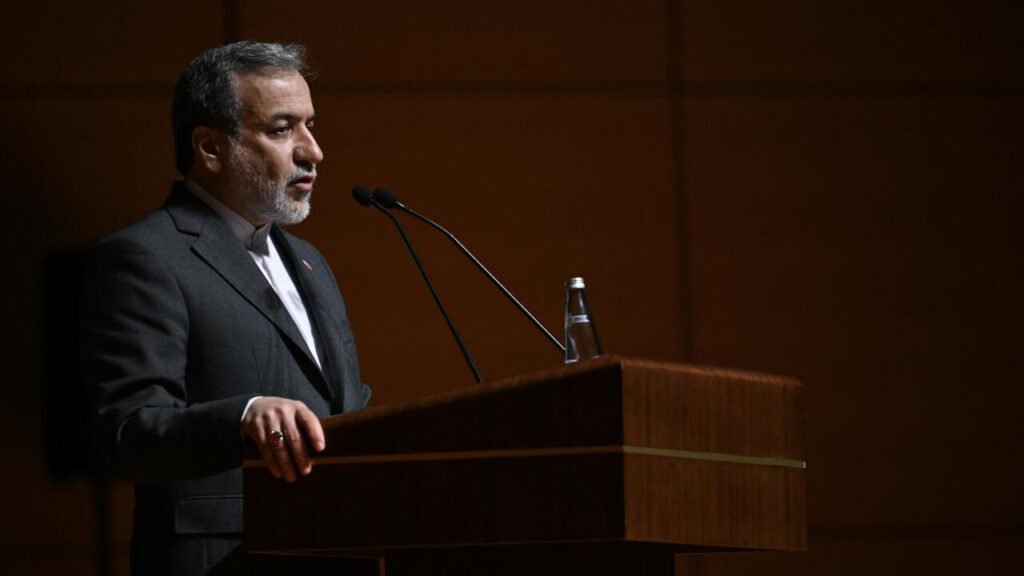
Public Opinion in Iran
Inside Iran, public sentiment is divided. Some Iranians support rejoining the deal to ease economic hardships caused by sanctions. Others view the talks with suspicion, believing the West will never fully honor its commitments.
Street-level interviews in Tehran show mixed emotions. One university student said,
“We just want peace and jobs. If a deal helps, why not?”
Meanwhile, a small business owner countered,
“They’ve promised change before. We need actions, not just words.”
The Road Ahead: Hope or Another Stalemate?
The Iran nuclear talks in Istanbul represent both an opportunity and a challenge. Diplomacy is clearly back on the table, but the path forward remains uncertain. Years of mistrust, broken promises, and geopolitical rivalry have created a fragile environment.
Yet, the very fact that the parties are sitting down once more is itself a small victory for diplomacy. Whether this round of negotiations leads to a real breakthrough will depend on how much each side is willing to compromise.
Conclusion
The revival of nuclear talks in Istanbul marks a critical juncture for international diplomacy. It shows that, despite tensions and years of setbacks, dialogue is still possible. As world powers weigh their next moves, the people of Iran and the broader Middle East are watching closely.
The coming weeks will be pivotal. If trust can be rebuilt and tangible steps taken, the Iran nuclear talks in Istanbul could become a stepping stone toward a more stable future.
Do follow UAE Stories on Instagram
Read More: De Ridder vs Whittaker UFC Abu Dhabi: Shocking Split Decision Win

